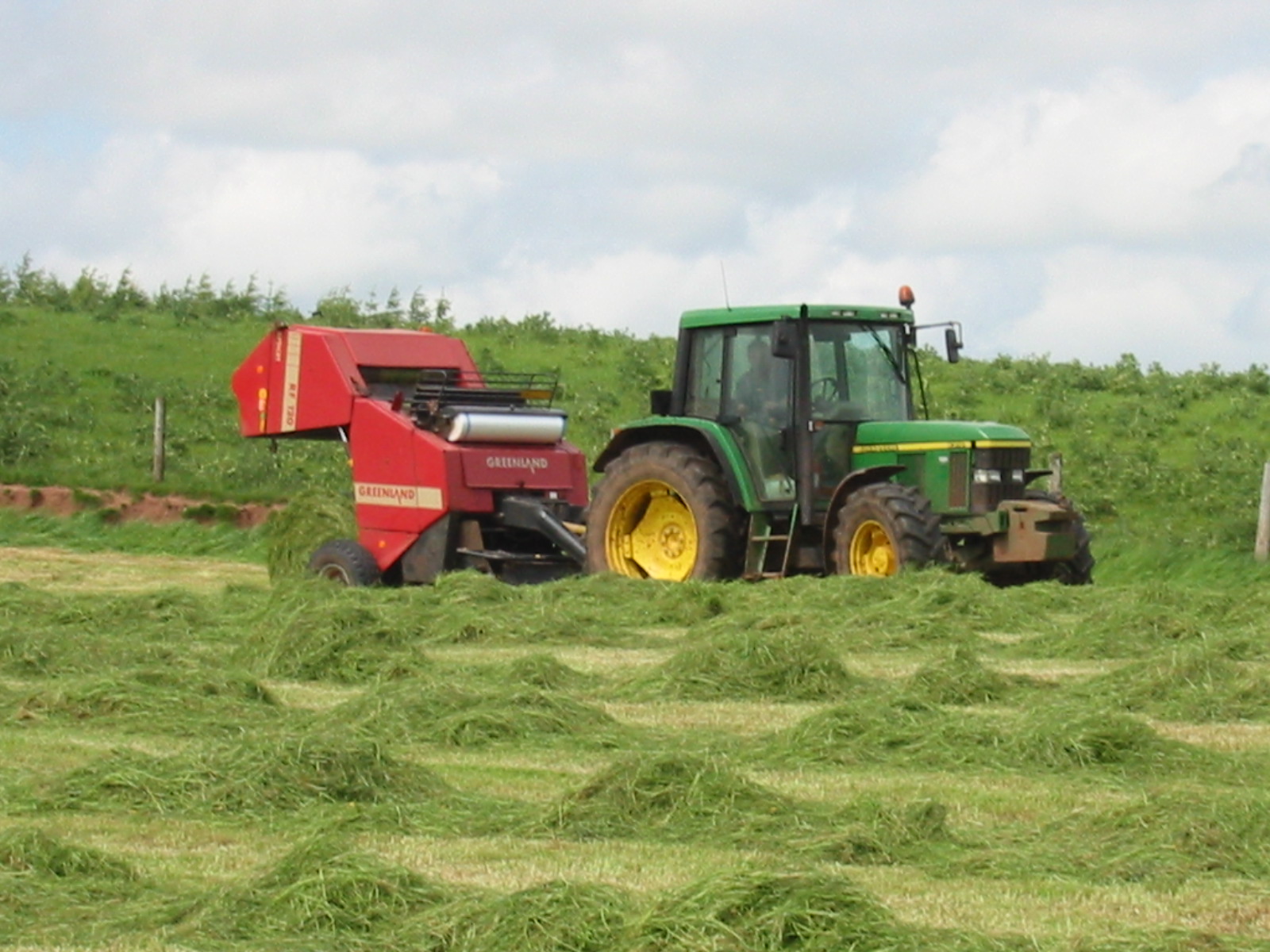- Home
- Knowledge library
- Contract farming
Contract farming
Understanding contract farming the benefits for the landowner and a contractor and what to consider with this business model.
Back to Selecting a legal framework
What is contract farming?
Where a farmer instructs a contractor to undertake the practical operations and management of a crop or other enterprise within the farmer’s stated policies and for the farmer’s business.
Roles and operations are defined by the contract between farmer and contractor. The crop or other produce is the farmer’s, and the contractor provides labour, machinery and any other services specified on an agreed basis for remuneration.
Key points
Governed only by the law of the contract, farming with contractors is a very flexible model that could be for as little as a single operation or as much as the complete enterprise or farm management considered here.
- The instructing farmer is and remains the responsible person with financial risk from the outcome of farming and so is liable for compliance and records.
- The contractor is a supplier of services to the farmer. Without that relationship, it could be found to be a tenancy, a partnership or employment.
- The contractor’s role is defined by the contract, and has access to the land by the farmer’s permission (licence).
- A good working relationship and liaison between the two parties is essential to make this work, aided by prior agreement on expectations and responsibilities – from mud on the road to the supply of inputs.
- Many remuneration arrangements for whole-enterprise contracts have separate accounts kept with a division of the profit or loss between the parties.
- At an enterprise level, contract farming is better suited for combinable cropping or production of progeny or milk from livestock, rather than for production systems where the identity of the producer is important.
Tax
- The two businesses remain separate and independent, with each recording their income and costs to calculate the taxable profits as appropriate.
- The farmer, by continuing a farming business with risk and responsibility for positive husbandry of his land (and where relevant livestock), can continue to qualify for farming and business status for tax purposes. The instructing farmer retains risk and responsibility for the business; attempts to avoid that can prejudice the status of the business for tax and other purposes.
- The contractor’s buildings could be exempt from business rates if solely used for agriculture.
Benefits of this model
For the farmer:
- To have the benefit of the contractor’s labour, machinery, skill and commercial approach while minimising new investment in machinery
- Many farms prefer having a contractor to reinvesting in expensive or specialised machinery, and having a good relationship on a sustainably priced basis can give long-term value
- The contractor can manage one enterprise (e.g. combinable crops) or an aspect of an enterprise while the farmer manages another
- To remain as a farmer with all the risk and involvement in the farming business: If that is not acceptable, a different arrangement is needed
For the contractor:
- It is a commercial way to focus on farming professionally, whether primarily a farmer or a contractor, without carrying the cost of the land in question
- It provides a larger volume of work and income to help carry the costs of machinery and labour – provided the contactor prices this on a sustainable basis, aware of risks as well as hopes
- A contractor can have several agreements with different farmers at the same time, and while being the farmer on the contractor’s own land
- A contract done well will help win others

Sectors:

